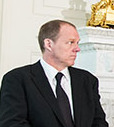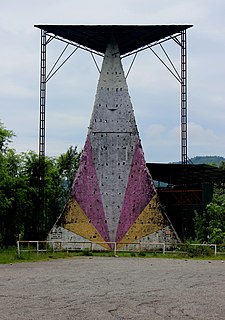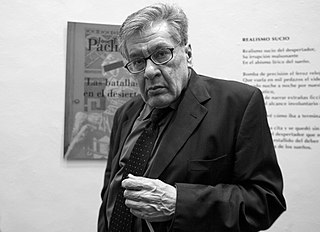A Quote by Anthony Powell
People think that because a novel's invented, it isn't true. Exactly the reverse is the case. Biography and memoirs can never be wholly true, since they cannot include every conceivable circumstance of what happened. The novel can do that.
Related Quotes
What is a novel? I say: an invented story. At the same time a story which, though invented has the power to ring true. True to what? True to life as the reader knows life to be or, it may be, feels life to be. And I mean the adult, the grown-up reader. Such a reader has outgrown fairy tales, and we do not want the fantastic and the impossible. So I say to you that a novel must stand up to the adult tests of reality.
I'm skeptical that the novel will be "reinvented." If you start thinking about a medical textbook or something, then, yes, I think that's ripe for reinvention. You can imagine animations of a beating heart. But I think the novel will thrive in its current form. That doesn't mean that there won't be new narrative inventions as well. But I don't think they'll displace the novel.
Working on an adaptation is not as satisfying, because it's not your original work: you're interpreting. With 'L.A. Confidential,' I loved the book. In that case, I felt I was guardian of the work, staying as true to the novel as I could. I've since met the novelist, and he loves the movie and the script.
But to be perfectly frank, this childish idea that the author of a novel has some special insight into the characters in the novel ... it's ridiculous. That novel was composed of scratches on a page, dear. The characters inhabiting it have no life outside of those scratches. What happened to them? They all ceased to exist the moment the novel ended.






































